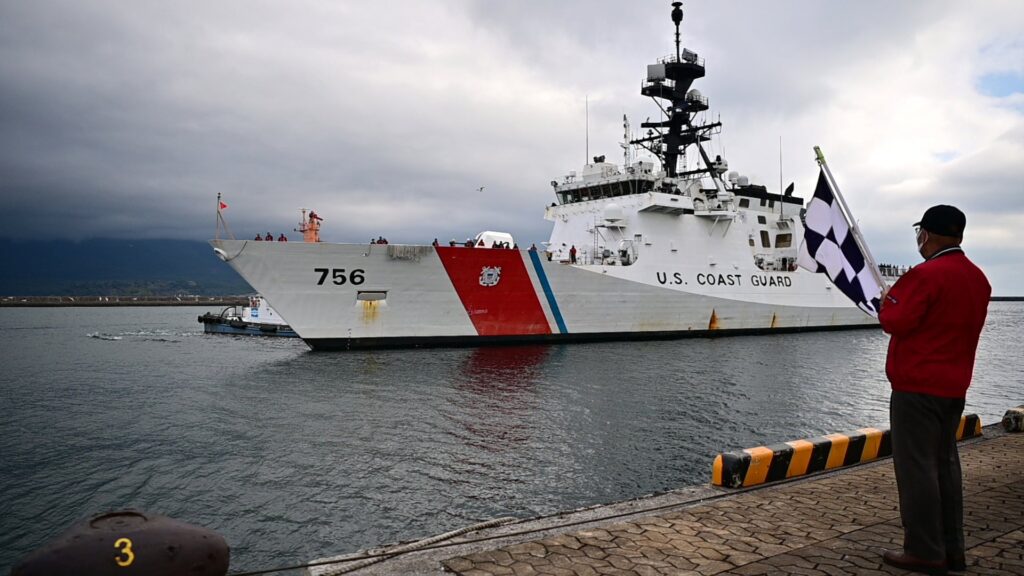The U.S. Coast Guard has a long history dating back to 1790, when it was first established as the Revenue Cutter Service. Over the years, its mission has evolved to include search and rescue, maritime law enforcement, environmental protection, and homeland security. The Coast Guard’s dedicated men and women work tirelessly to protect America’s shorelines and waterways, often putting their lives at risk in the process. As technology advances and new challenges arise, the Coast Guard must adapt to meet the nation’s evolving needs. Regardless of the task, the Coast Guard remains committed to upholding its tradition of service and sacrifice for the greater good.
The Birth of the U.S. Coast Guard
The United States Coast Guard has a long and storied history, dating back to the founding of the Revenue Cutter Service in 1790. Originally established as a means to enforce tariffs and prevent smuggling, the Revenue Cutter Service eventually evolved into the modern Coast Guard that we know today.
Changing Roles and Responsibilities
Over the years, the Coast Guard’s mission has expanded to encompass a wide range of duties, including search and rescue operations, maritime law enforcement, environmental protection, and homeland security. The men and women of the Coast Guard work tirelessly to protect America’s shorelines and waterways, often putting their own lives at risk in the process.
Search and Rescue
One of the most important roles of the Coast Guard is search and rescue operations. Whether responding to a distressed vessel at sea or conducting a search for a missing person, the Coast Guard’s search and rescue teams are always ready to spring into action. Their dedication and expertise have saved countless lives over the years.
Maritime Law Enforcement
The Coast Guard is also responsible for enforcing federal laws and regulations on the water. This includes stopping drug traffickers, enforcing fishing quotas, and preventing illegal immigration. The Coast Guard’s law enforcement officers undergo extensive training to ensure they can effectively carry out their duties while out at sea.
Environmental Protection
In recent years, the Coast Guard has taken on an increasingly important role in protecting the environment. They respond to oil spills, enforce pollution laws, and monitor the health of marine ecosystems. Their efforts have helped to preserve the natural beauty of America’s coastlines for future generations.
Homeland Security
Since the terrorist attacks of September 11, 2001, the Coast Guard has played a key role in protecting the nation’s ports and waterways from potential threats. They work closely with other federal agencies to patrol the coastlines, inspect cargo ships, and respond to security incidents. The Coast Guard’s presence is a reassuring sight for all those who rely on safe and secure waterborne transportation.
The Future of the Coast Guard
As technology continues to advance and new challenges emerge, the Coast Guard must constantly adapt to meet the evolving needs of the nation. Whether combating cyber threats, responding to natural disasters, or patrolling the Arctic region, the Coast Guard remains at the forefront of maritime security.
Conclusion
The United States Coast Guard has a rich history of protecting America’s shorelines and waterways. From its humble beginnings as the Revenue Cutter Service to its current role as a multi-mission maritime service, the Coast Guard has always been ready to answer the call of duty. As we look to the future, we can be confident that the men and women of the Coast Guard will continue to uphold their proud tradition of service and sacrifice.
